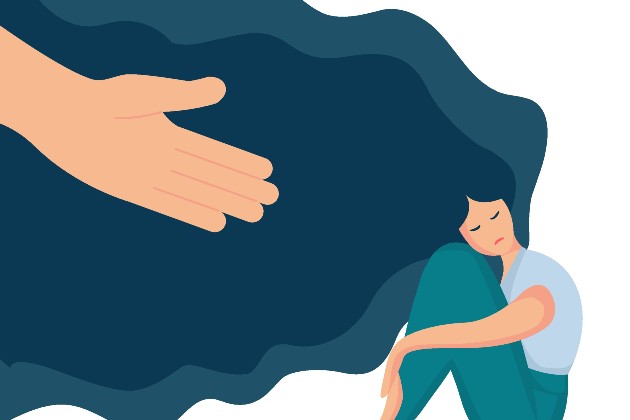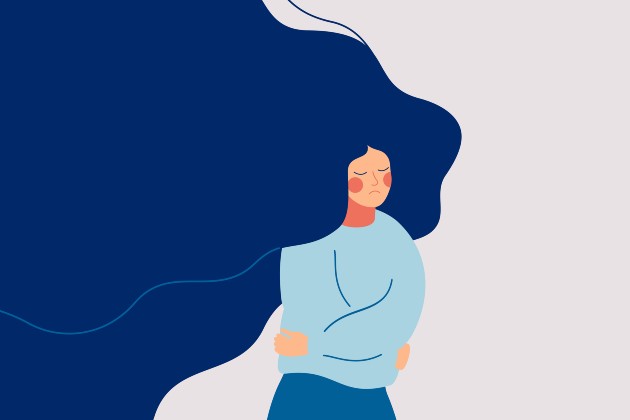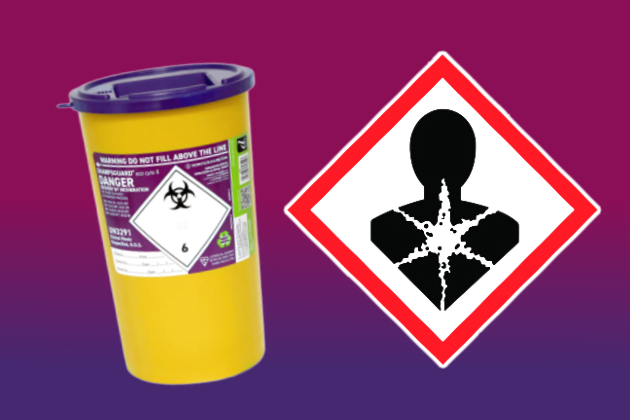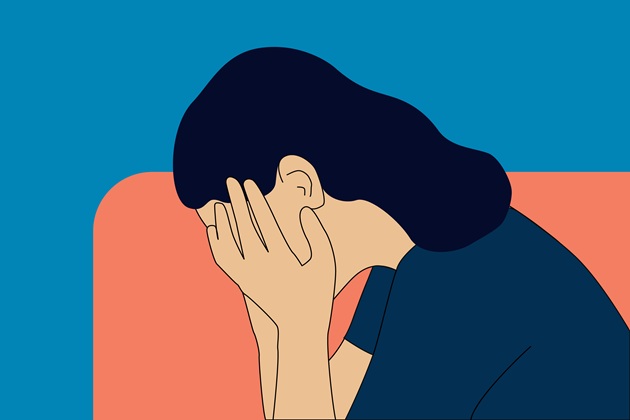Hilary Macpherson was certain she was about to die – murdered by a patient armed with a knife, in the grip of a psychotic episode and alcohol withdrawal.
A nurse with 30 years’ experience who prided herself on staying calm in difficult situations, Hilary immediately began doing her best to talk the man down. He'd been admitted to the medical ward where she worked in Glasgow and, because of his behaviour – abusive and racist at times, with mumbled threats about killing people – she'd been keeping a close eye on him. But her request to management for 2 mental health nurses to help with his care and supervision, while heeded, was put in place for a 2-day period only.
Already sectioned under the Mental Health Act, the man tried to abscond. Fearful for his safety and that of others, Hilary followed him into the kitchen of a neighbouring ward, where he found a plastic zip tie and drew it threateningly across her throat, ear to ear. Then he grabbed the knife – large, with a serrated edge. Trapped in the situation, she tried to restrain his hands to prevent him from using it.
No longer nursing
Now, 6 years on, Hilary is no longer a nurse. Her post-traumatic stress disorder (PTSD) has improved a little, but in the end, the panic attacks, anxiety and depression that followed this experience forced her out of the job she loved.
“I just couldn’t function,” she says. “The assault didn’t just damage my ability to nurse, but my ability to work with people. My trust was shattered, and I was scared of people – I still am.
Nursing was more than just something I did – it was who I was
“Nursing was more than just something I did – it was who I was, so losing my career had thrown me into a crisis of identity.
Hilary received counselling via the RCN and occupational health, and managers tried to find her alternative roles – on a cardiology ward and, later, working from home for NHS Scotland’s contact-tracing service during the COVID pandemic.
But having given everything to her job, she realised finally she couldn’t go on. And even though she was concerned the drop in income could see her lose her house, after more than 6 months off with PTSD she applied for retirement on ill-health grounds. “I could see, slowly but surely, I wasn’t able to do this job anymore,” Hilary says.
Despite all that she’d experienced, it hadn’t occurred to her to claim for compensation until a colleague suggested it. She resisted at first, reasoning that the NHS – already on its knees, as Hilary puts it – didn’t need to lose more money. But managers had been warned about the patient’s behaviour and the risks he posed and still had done the minimum. She reconsidered and, with support from the RCN, made a claim.

A legal win
But how do you compensate someone for the premature end of a career they loved? It’s a complex calculation that considers loss of earnings as well as suffering endured. In Hilary’s case, her legal team eventually secured a settlement of £485,000.
In my opinion, the attacker is also a victim
It’s a large sum, but rather than seeing it as a windfall, Hilary likens it to early payment of the salary she could have been earning. Before the assault, she had no plans for early retirement.
So the bulk of the settlement is invested, but the money has another value too. Since the compensation was awarded, Hilary’s PTSD has begun to ease – perhaps the result of finally receiving some closure after a long, exhausting journey.
The RCN has the largest in-house specialist legal team of any union or professional body in the UK, which provides members with legal advice and representation.
The RCN also provides legal advice and representation in respect of Personal Injury (PI) claims in and outside the workplace (the provider of the service will depend on the country where the injury took place). Members also have access to 30 minutes of free legal advice on non-work matters, including family law.
Last year, RCN legal teams settled more than 400 PI claims on behalf of members, recovering compensation in excess of £6 million. Unlike a private firm of solicitors who would retain a significant percentage of compensation recovered, the RCN ensures that members receive 100% of the compensation awarded.
Hilary pays tribute to the lawyers who fought on her behalf but settling a claim takes time and her advice for anyone who has suffered in the way she has is to “stay strong”.
“Even with union support and a legal team behind you, it’s a long, hard, scary process,” she says. “But it’s worth hanging in there and I would still encourage people to do it.”
Though her mental scars run deep, physically she emerged unscathed. As for the patient with the knife, Hilary, with a typical nurse’s generosity, feels compassion for him. Alerted by her colleagues, the police arrived with riot gear, shields, Tasers and dogs. “I felt like I’d taken part in a Die Hard movie,” she remembers.
He was arrested and led away to a locked psychiatric ward. Because of his mental state, he was never charged. “Once he came out of his psychosis, I imagine he would have been horrified at what he did,” says Hilary. “In my opinion, he’s also a victim. I think our mental health care is poor at times.”








